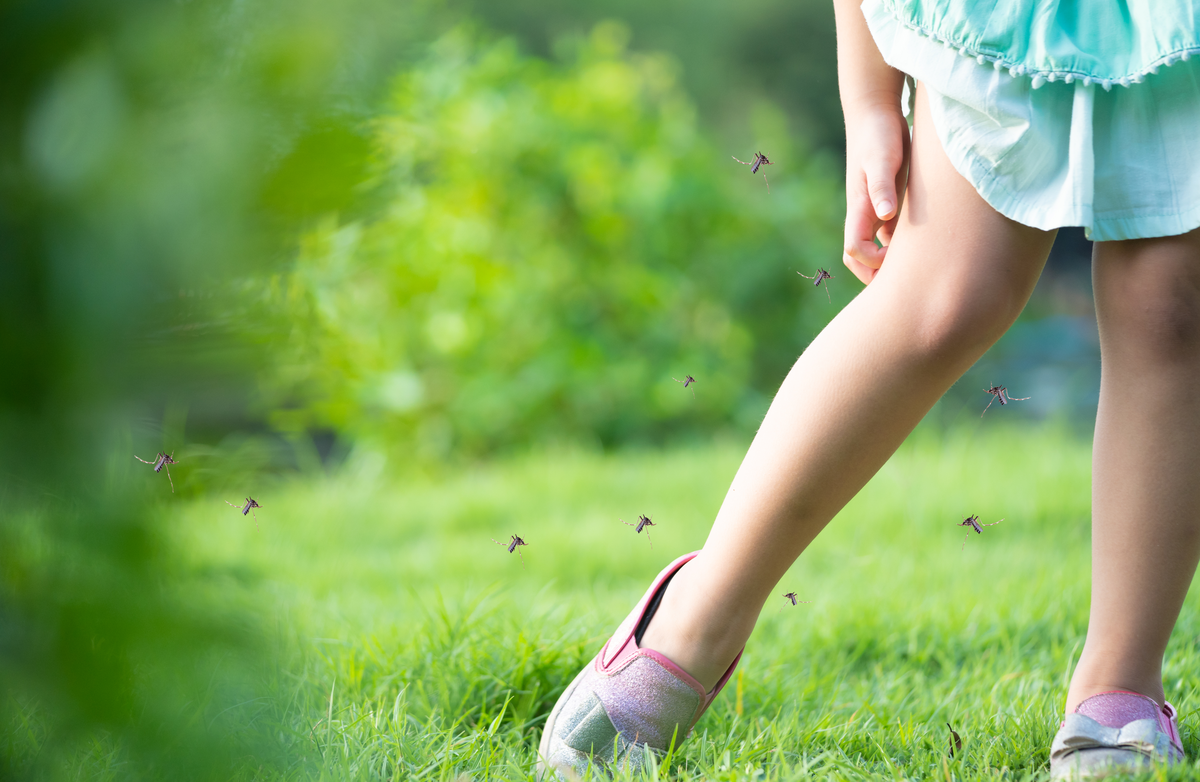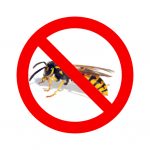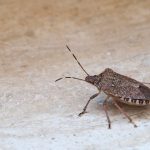Bad year for Mosquitos?
Seems like every year around the beginning of summer someone will say, “I heard this is going to be a bad year for mosquitos.” But how does anyone actually know? And is there anything that can be done to prevent it?
Is Predicting Mosquito Populations Possible?
Despite what the Farmer’s Almanac says, it’s impossible for someone to predict where a particular area will have an above average mosquito population in any given year. Mosquito breeding conditions are heavily affected by the weather. Differences in temperature and rainfall can have a huge impact on the local population. So while it’s impossible to predict mosquito activity for an entire summer, it’s a good bet that a recent bout of warm, wet weather will make a local population explode.
Why Does the Weather have a Measurable Impact on Mosquitos?
The entire life-cycle for mosquitos occurs in 8-10 days, which means it can go from egg to blood-sucking menace in less than a week. The weather during this cycle has a direct impact for two reasons. First mosquitos, like all insects, are cold-blooded. This means that when the weather is warm, so are the mosquitos. In fact, in Northeast Ohio mosquitos become inactive if the temperature dips below 50 degrees.
Second, mosquitos need standing water to reproduce. They lay their eggs in standing water, and the offspring remain there until they emerge as adults. If something happens to the water, either a freeze or evaporation, the mosquitos die. This is why warm, wet weather promotes mosquito activity.
Using the Cycle to Your Advantage
Anything you can do to disrupt the breeding cycle of mosquitos will help curb the population. Search for any standing water on your property and remove it, permanently, if possible. Mosquitos will lay eggs in the smallest amount of water. Change bird baths regularly by completely emptying them. If you have a pond on your property, add a fountain or consider stocking it with larva eating fish such as koi, mosquito fish, or minnows.
What about Mosquito Sprays?
The mosquito control salesman will try to convince you that a weekly spray program will completely disrupt the breeding cycle. However, sprays can only kill adults, which means a brand new batch will be emerging every day until your next spray. It also won’t prevent them from blowing in from your neighbor’s property. In the Midwest, mosquitos can travel miles from where they hatch, which is why effective spray programs need to be community-wide. Mosquito sprays can be effective for a short term, so consider them if you will be hosting an outdoor event such as a barbecue or wedding.
Making Yourself Less Attractive to Mosquitos
The best repellent is still DEET. Developed in 1957, there has not been another repellent as effective as DEET. For most applications, 10% concentration will be sufficient and last about 90 minutes. DEET is safe for most people, including children aged 3 years and up, if used as directed. Picaridin (sold as Cutter) and lemon-eucalyptus oil (sold as Repel®) have also been shown to be strong alternatives. Wearables, repellent candles, citronella, and other vapor barriers are not a substitute for spray repellents. Also, eating or avoiding certain foods has shown to have little to no effect on the attractiveness of people to mosquitos, with one unfortunate exception: drinking beer may make you more attractive to mosquitos. However, the effect is small enough that you don’t need to worry about giving up your favorite brew.
No matter what the weather, battling mosquitos will take a multi-pronged approach. Take steps to reduce your local population, avoid activity at peak mosquito times, and wear protection if you plan to spend time outdoors. By following these steps you can still enjoy the summer without become dinner for one of nature’s more obnoxious beasts.







Recent Comments